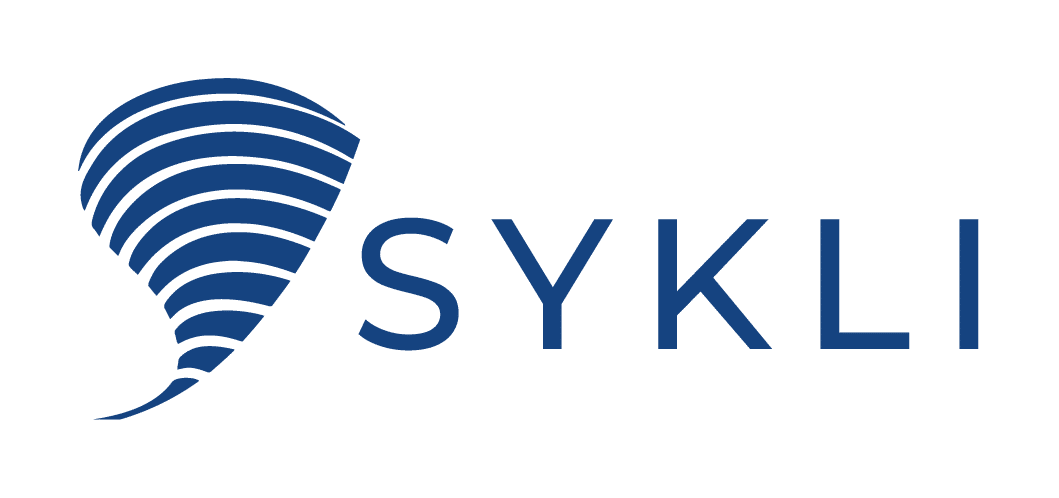Many years ago, when large language models and generative artificial intelligence did not yet exist, many professions were thought to be “safe” from the development of artificial intelligence. The most popular examples were the professions of artists and teachers. It was thought that artificial intelligence is not capable of creative activity and especially of understanding things, in which case teaching by AI should not be possible either.
So.
Shouldn’t be possible. Recently, however, the impossible has started to seem possible. Although even the most advanced AIs are not yet capable of real understanding, they still seem to work very intelligently. It seems that although the ability of AI to understand learning content is questionable, the use of AI as a teacher can however lead to deep learning.
A language model is not a data model
The achievements of conversational AI seem amazing. I don’t know anyone who isn’t impressed with, say, ChatGPT’s ability to discuss just about any topic. Even conservatively estimated, its knowledge base is thousands of times larger than that of a single human. However, it should be noted that this “data warehouse” is based on a language model and not an actual knowledge model.
And as we know, there are still reasons to leave reservations about the answers given by a conversational AI. Of course, there are constantly new solutions available for this problem as well. An interesting acquaintance is, for example, perpelexity.ai, which adds references to its answers. Google’s Bard, which opened in May, seems to have paid great attention to the correctness of the learning data of AI. In addition, Bard provides links to sources of original information in its answers and ready-made further search phrases.
What is interesting in itself is that the language models clearly offer less ethically questionable content than has been expected.
Towards artificial intelligence pedagogy
Artificial intelligence is of course much more than language models. Programs that generate images, such as Midjourney and DALL-E2/E3, are popular, and there are many ways to use them in teaching as well. AI has already been used successfully for years in e.g. translations, speech recognition and voice outputs, image editing, machine vision implementations and so on.
However, it is time to return to the question of the title: “What should a teacher know about AI?” There is no doubt that the information needs are already very diverse, depending on e.g. school level and teaching content. Perhaps the following list would be some kind of basis:
- What exactly is artificial intelligence? What are large language models? How does AI work?
- How can artificial intelligence be utilized in learning material production and teaching planning?
- What kind of AI-based learning tasks could be meaningful/useful?
- What to tell/teach about the use of AI to students?
- Risks of using AI in teaching and ethical challenges
However, new skill needs arise quickly. Rapid development of AI creates new usage possibilities, i.e. constantly. A particularly significant development in recent months is plugins (or extensions). For example, the paid version of ChatGPT has about a thousand plugins available now, and the number is growing rapidly. The basic idea of many plugins could be compared to eyes and ears of AI. With the help of plugins AI (language model) can access the content of the internet (www) assigned to it.
Development is fast now and we haven’t seen much yet. However, one thing is already clear at this stage: a completely new type of pedagogy is emerging – AI pedagogy. Teachers and the entire teaching activity as we have known it are facing something new.
The author Ari Laitala works at the SYKLI Environmental College as an expert. He has been familiar with artificial intelligence since 2016. At the beginning of the year, Ari participated in the European Digital Education Hub’s “Squad on artificial Intelligence in education” work. This working group has just published seven reports on the use of artificial intelligence in education.
Sykli has just launched a new course: Artificial Intelligence as a Teachers’ workmate. The course is taking place within Erasmus+ mobility framework and participants from Erasmus+ accredited learning institutions can be subsidised by Erasmus+ funding.

The author Ari Laitala works at the Finnish Environmental College Sykli as an expert. Sykli has just launched a new course: Artificial Intelligence as a Teachers’ Workmate. The course is taking place within the Erasmus+ mobility framework and participants from Erasmus+ accredited learning institutions can be subsidised by Erasmus+ funding.
ari.laitala@sykli.fi (+358 50566 8998)
